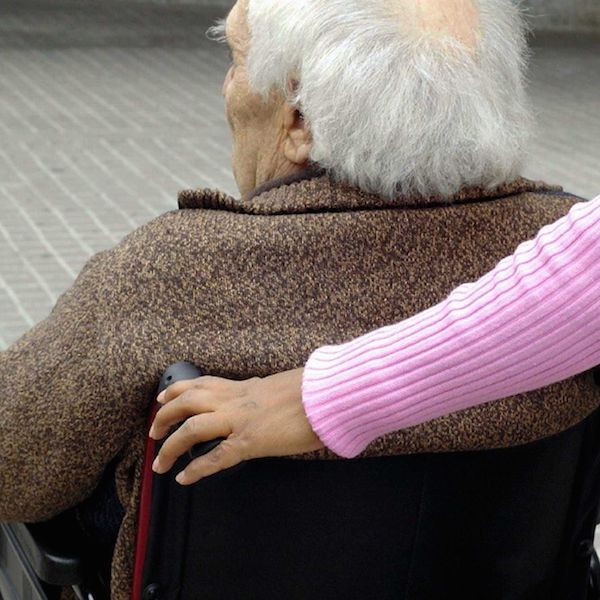By Richard Johnstone | 14 May 2013
The Department of Health, the NHS, local authorities and regulators have today signed a landmark agreement to integrate health and social care services within five years.

The Integrated care and support accord sets out proposals to better co-ordinate services across England, and includes the first agreed definition of 'integrated care and support'.
All 12 organisations that have signed the pact, which include the Local Government Association, NHS England and the Care Quality Commission, pledge ‘to make joined-up and co-ordinated health and care the norm’.
Among the ten commitments is to establish an Integrated Care and Support Exchange to help organisations work together.
Signatories will also liaise with local Health and Wellbeing Boards to ‘clarify freedoms and flexibilities’ that already exist to pool funds. They will also show how these can bring together council and health service spending.
In addition, it has been agreed that a number of local integration pioneers will take forward ‘ambitious’ plans to provide ‘clear examples of what can be done’. Each area will devise a model for service integration, and will then be given a dedicated ‘account manager’ to take forward the plan from September. Councils have been invited to set out their plans in bids for pioneer status by the end of June.
In a foreword to the agreement, Health Secretary Jeremy Hunt said there was a need for ‘major change’ to build a system around individual needs, and to get the most out of public money. ‘If the illness is prevented, the condition properly managed, the fall avoided, not only is that better care for the individual but it also means less pressure on the system,’ he stated.
Reforms now needed to happen ‘at scale and at pace’, he added. ‘We are determined that, over the next five years, this will become the standard model for everyone with health and care needs. Better integration can help drive positive change.’
Launching the plan, care and support minister Norman Lamb added the agreement was ‘a vital step in creating a truly joined-up system that puts people first’.
Unless both the NHS and councils changed the way they work, the care system was ‘heading for a crisis’, he warned. ‘This national commitment to working together is an important moment in ensuring we have a system which is fit for the future.’
Responding to the agreement, the NHS Confederation said it would be a ‘positive step forward in improving the care that people receive’.
The confederation has pledged to support the plan, and policy director Dr Johnny Marshall said it was up to health and social care leaders to ‘challenge the barriers that currently prevent the best joined-up care’.
He added: ‘For this initiative to be truly successful, it will require local organisations to have real power over how best to improve care in their areas. It will mean picking the brains of the patients, carers and professionals who use and deliver care services, day in, day out.
‘This local empowerment must have the support of the national bodies – it won't work if there is a top-down prescriptive view of how things should be done.’




















